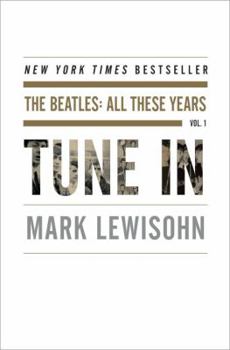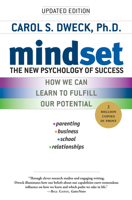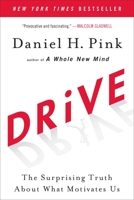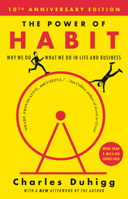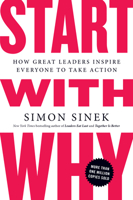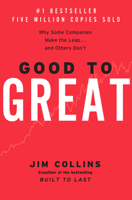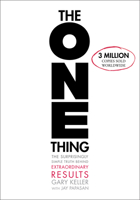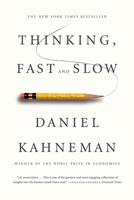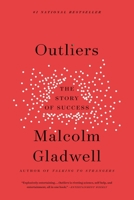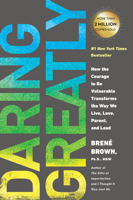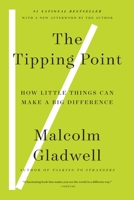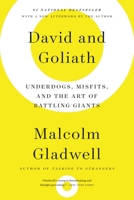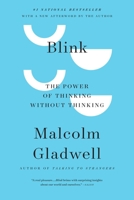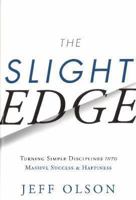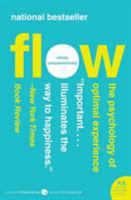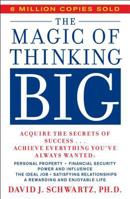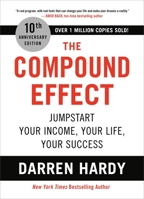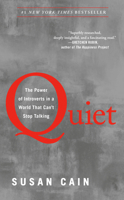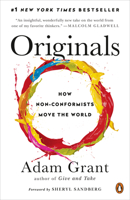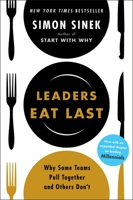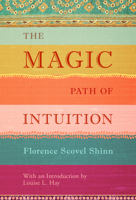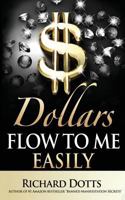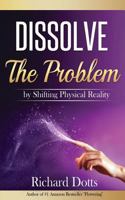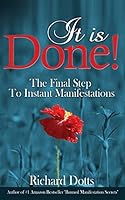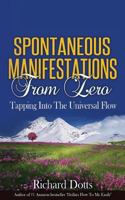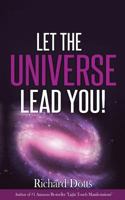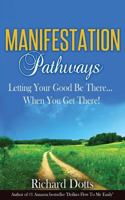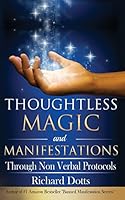You Might Also Enjoy
Book Overview
'Mark Lewisohn knows the Fab Four better than they knew themselves' The Guardian This extended special edition of Mark Lewisohn's magisterial book Tune In is a true collector's item, featuring hundreds of thousands of words of extra material, as well as many extra photographs. It is the complete, uncut and definitive biography of the Beatles' early years, from their family backgrounds through to the moment they're on the cusp of their immense breakthrough at the end of 1962. Designed, printed and bound in Great Britain, this high-quality edition consists of two beautifully produced individual hardbacks printed on New Langely Antique Wove woodfree paper, with red-and-white head and tail bands and red ribbon marker. The two books will sit within a specially designed box and lid featuring soft touch and varnish finishes. The whole product comes shrinkwrapped for extra protection. Mark Lewisohn's biography is the first true and accurate account of the Beatles, a contextual history built upon impeccable research and written with energy, style, objectivity and insight. This extended special edition is for anyone who wishes to own the complete story in all its stunning and extraordinary detail. This is genuinely, and without question, the lasting word from the world-acknowledged authority. 'Mark Lewisohn is the world's leading Beatles historian and writer' Nothing is Real - A Beatles Podcast 'An absorbing and enthralling account of the lives of all the leading players, written with integrity and honesty' thecavernclub.com This description may be from another edition of this product.
Format:Hardcover
Language:English
ISBN:1400083052
ISBN13:9781400083053
Release Date:October 2013
Publisher:Crown Archetype
Length:944 Pages
Weight:3.10 lbs.
Dimensions:2.1" x 6.2" x 9.4"
More by Richard Dotts
Customer Reviews
6 customer ratings | 4 reviews
There are currently no reviews. Be the first to review this work.











